Dalmatian pelican: Red Data Book of Armenia
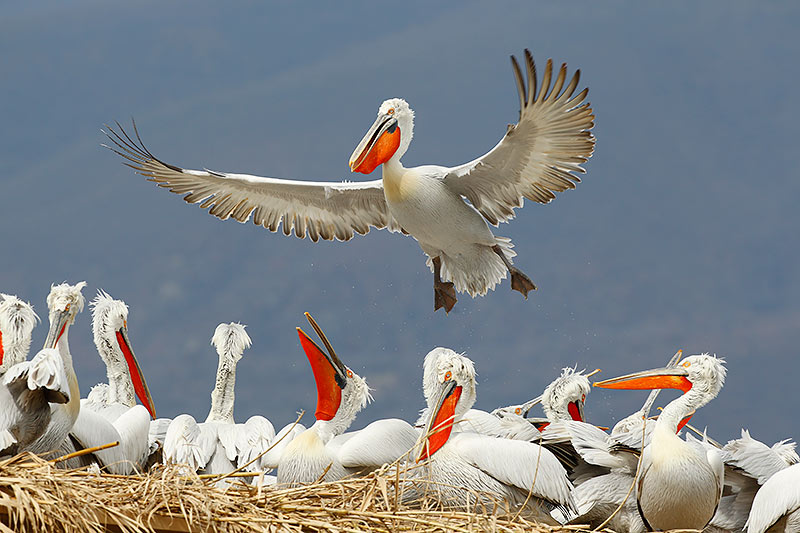
Pelicans — Pelecanidae
Status. A rare species of decreasing population. Listed in the Red Data Book of the former USSR. Listed in the IUCN Red List of Threatened Species (ver. 3.1) as Vulnerable VU A2ce+3ce+4ce. According to IUCN criteria categorized as Endangered EN D.
Distribution. Occurs in Albania, Bulgaria, Greece, Romania, Russia, former Yugoslavia, Turkey, Ukraine, Uzbekistan, Kazakhstan, Syria, Iraq, Iran, Mongolia and China.
Distribution in Armenia. As a migrant, occurs in the Lake Sevan basin, in the vicinities of the Norashen and Lichk villages. In summer 30–50 individuals can be recorded on the Armash and adjacent fish ponds. In the nesting season occurs also on the Lake Arpi.
Habitats. Open, deep and vegetation–free areas of the lakes Sevan and Arpi. In summer pelicans regularly visit the Ararat Valley’s fish ponds for feeding.
Biological traits. Nesting is known only on the Lake Arpi where 2–3 pairs nestle on islets. The nest is made of twigs and herbage, the bottom is littered with soft grasses and fledged with gull feathers. Eggs are white, 2–3/clutch, size 90–95 mm. The brooding period is 32–35 days. Hatchlings are naked and helpless, but grow fast and can fly by the age of 2.5 months.
Population size and its trends. In summer 30–40 individuals occur on the lakes Arpi and Sevan. Fifty to eighty individuals are recorded during migrations on the fish ponds of the Ararat Valley. Dryout of many fish ponds has led to the decline of food base and the consequent drop in the numbers of visiting birds.
Major threats. Chasing by fish farmers in summer, uncontrolled hunting and poaching in winter. Meantime, legal and illegal fishing spread throughout this lake inflicts a serious disturbing pressure.
Conservation measures. Listed in Appendix II of the CITES and in Appendix II of the Berne Convention. Protected in Sevan National Park and Lake Arpi National Park. The rise of water level in the Lake Sevan creates better conditions for pelican nesting in the future. Personnel of the Armash fish ponds are involved in outreach awareness–raising activities. It is essential to set compensations for fish losses to pelican predation and, on the Lake Arpi, to close up access of anglers and tourists to islets during the nesting season. It is also important to raise public awareness about the importance of pelican conservation and to implement pelican counts during the nesting season and migrations.
Suggestions
 The Ministry of Environment sent a letter international partners to draw their attention to the real danger of environmental disasters as a result of Azerbaijan's large-scale aggression towards the territory of Armenia
The Ministry of Environment sent a letter international partners to draw their attention to the real danger of environmental disasters as a result of Azerbaijan's large-scale aggression towards the territory of Armenia
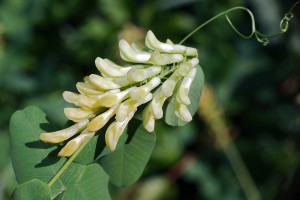 Vicia pisiformis: Red Data Book of Armenia
Vicia pisiformis: Red Data Book of Armenia
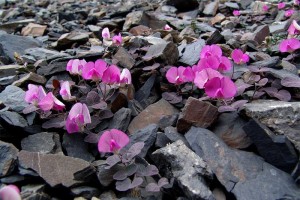 Vavilovia formosa: Red Data Book of Armenia
Vavilovia formosa: Red Data Book of Armenia
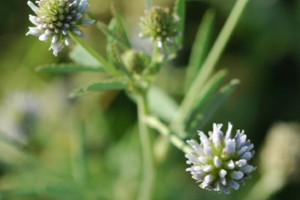 Trigonella capitata: Red Data Book of Armenia
Trigonella capitata: Red Data Book of Armenia
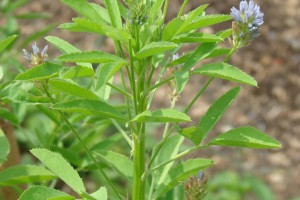 Trigonella astroides: Red Data Book of Armenia
Trigonella astroides: Red Data Book of Armenia












